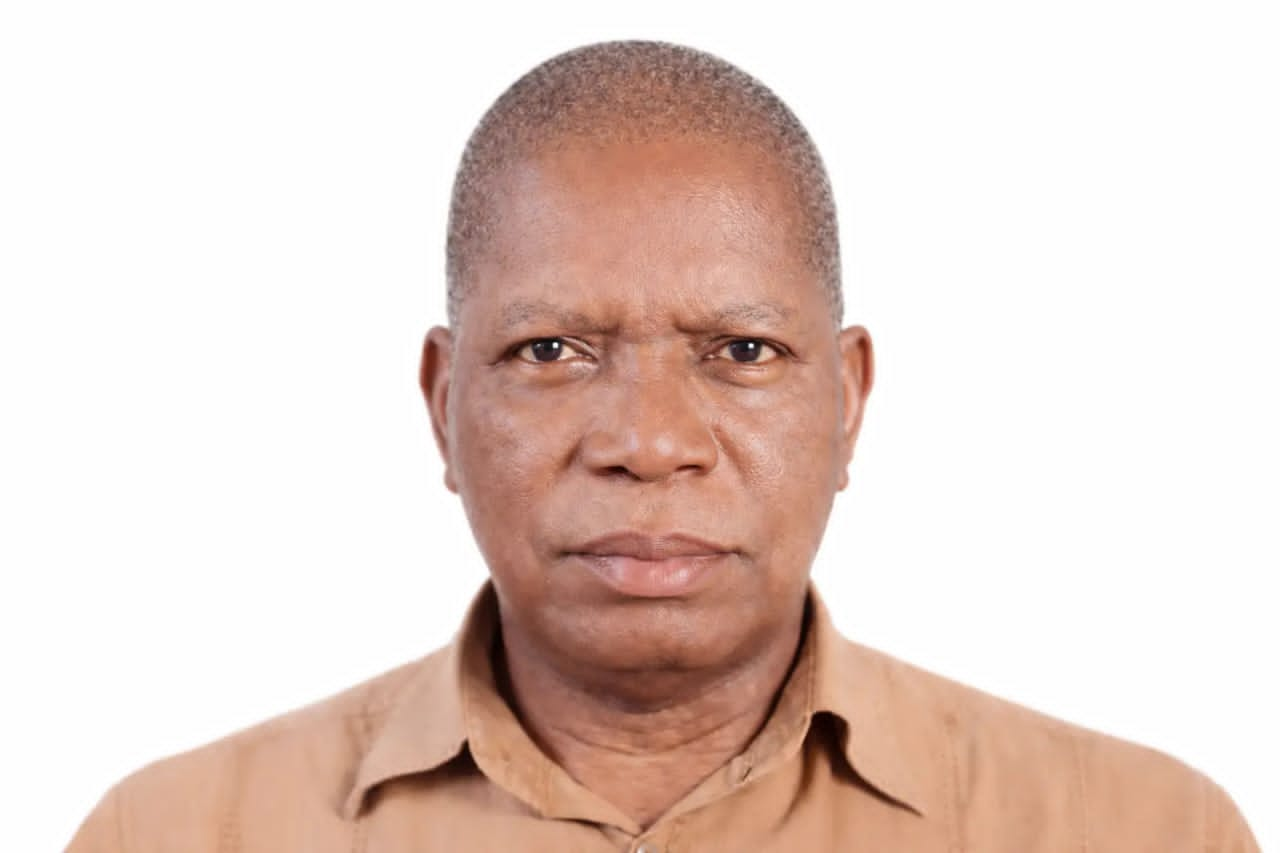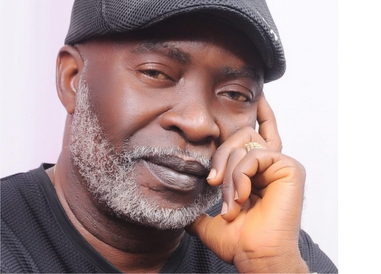The Sickle Cell Foundation of Nigeria achieves a breakthrough with its first successful bone marrow transplants, offering hope for SCD treatment.
[dropcap]T[/dropcap]he Sickle Cell Foundation of Nigeria (SCFN) has achieved a significant milestone in the fight against sickle cell disease (SCD) by successfully conducting its first bone marrow transplants (BMT).
The announcement was made during a media briefing in Lagos by SCFN Chairman, Chief Tunde Afolabi, who joined virtually to celebrate this historic achievement.
Also read: NSIA-LUTH Cancer Centre to establish nuclear medicine by 2025
In collaboration with the Lagos University Teaching Hospital (LUTH), SCFN established a state-of-the-art BMT Centre in Lagos, marking a new era in the treatment of sickle cell disease in the region.
Afolabi detailed the rigorous process that led to the success, noting that both a paediatric and an adult patient received transplants last month, following extensive preparation that included chemotherapy and blood transfusions.
“After weeks of meticulous care, I am delighted to inform you that both patients have now been discharged from the hospital and will continue to receive follow-up care,” Afolabi said.
He acknowledged the strategic partnerships that made this achievement possible, expressing gratitude to the leadership of LUTH and the dedication of its multidisciplinary team.
Sickle cell disease, according to Vanderbilt University, is an inherited blood disorder characterised by crescent-shaped red blood cells, which can obstruct blood flow and lead to severe health complications.
The only known cure for this disorder is bone marrow transplantation, a process that involves transferring healthy stem cells into the patient after treating their unhealthy bone marrow.
The SCFN’s BMT Programme has garnered international support, including training from the Vanderbilt University Medical Centre in Tennessee, where doctors and nurses received specialised training in the procedure.
“This collaboration underscores our commitment to improving healthcare access and outcomes for Nigerians living with sickle cell disorder,” Afolabi stated.
SCD continues to pose a significant public health challenge globally, affecting nearly 100 million individuals and contributing to a high mortality rate, particularly in Sub-Saharan Africa. In Nigeria alone, about 150,000 babies are born each year with SCD, with a staggering number not surviving beyond five years.
Afolabi emphasised the urgent need for effective treatment and financial support, particularly for families living below the poverty line.
To address these issues, SCFN is launching the Access to Care Programme, a digital platform designed to connect patients with potential sponsors while transparently tracking funding and treatment progress.
Afolabi called for partnerships with government agencies, private organisations, and philanthropists to ensure that this life-saving treatment becomes more accessible to those in need.
The SCFN’s groundbreaking initiative has been supported by various stakeholders, including the Lagos state government, which provided initial funding for the BMT Centre located within the Olikoye Ransome-Kuti Children Emergency Centre at LUTH.
Afolabi also recognised contributions from NNPC/Chevron JV and other generous donors who played crucial roles in developing the centre.
Dr Annette Akinsete, the National Director of SCFN, expressed pride in the establishment of the BMT Centre, highlighting its significance as the first of its kind in West Africa.
She reaffirmed the foundation’s commitment to providing world-class healthcare within Nigeria.
Prof. Wasiu Adeyemo, Chief Medical Director of LUTH, noted the importance of this partnership in enhancing healthcare outcomes for individuals with sickle cell disorder.
He reiterated the centre’s role in making advanced medical technologies accessible to all Nigerians.
One of the mothers of a discharged patient shared her heartfelt appreciation, stating, “Our bone marrow transplant experience has been remarkable, filled with hope and certainty.
I am deeply thankful to SCFN for their dedication in making this cure possible.”
As the SCFN moves forward with its mission, the hope remains that this historic achievement will pave the way for better treatment options and outcomes for countless Nigerians living with sickle cell disease.





























